Every city in the world always has a gang, a street gang, or the so-alled outcasts
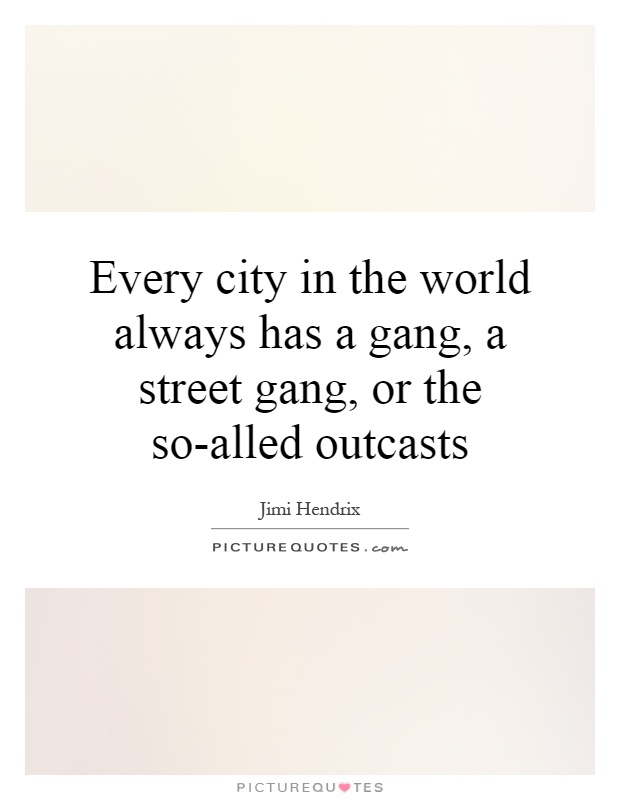
Every city in the world always has a gang, a street gang, or the so-alled outcasts
Jimi Hendrix, the legendary guitarist and rock icon, rose to fame during the tumultuous 1960s, a time when social unrest and counterculture movements were prevalent in cities across the world. During this era, street gangs and outcasts were a common presence in urban areas, and Hendrix himself was no stranger to the struggles faced by those on the fringes of society.Growing up in Seattle, Washington, Hendrix was exposed to the realities of street life from a young age. He witnessed the effects of poverty, racism, and violence that plagued his community, and these experiences undoubtedly shaped his worldview and his music. As he honed his craft as a musician, he found solace in the power of music to transcend boundaries and bring people together, regardless of their background or social status.
Hendrix's music often reflected the struggles and injustices faced by marginalized communities, and he used his platform to speak out against oppression and inequality. His songs, such as "Machine Gun" and "Freedom," addressed themes of war, racism, and social injustice, resonating with those who felt marginalized and disenfranchised.
In many ways, Hendrix himself was an outcast in the music industry. As a black man in a predominantly white industry, he faced discrimination and prejudice, but he refused to conform to societal expectations. Instead, he embraced his identity and used his music as a form of resistance against the status quo.
Hendrix's rebellious spirit and unapologetic attitude made him a hero to many who felt like outsiders in their own communities. His music spoke to the dispossessed and the downtrodden, offering a voice to those who had been silenced by society.
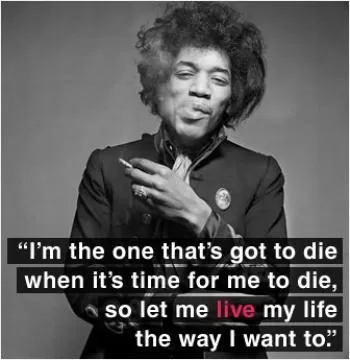
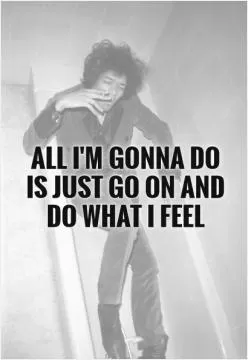
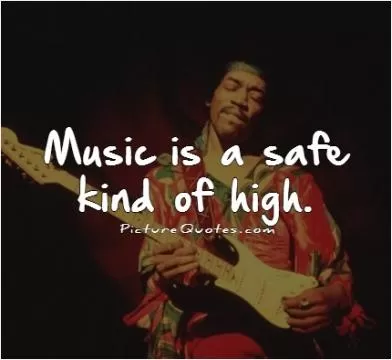
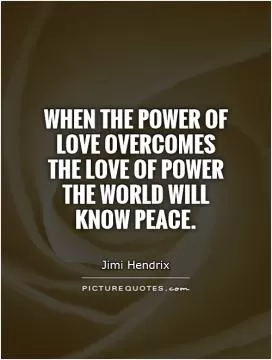

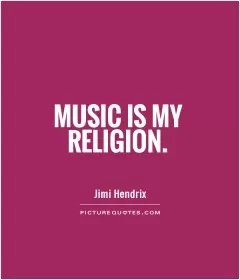
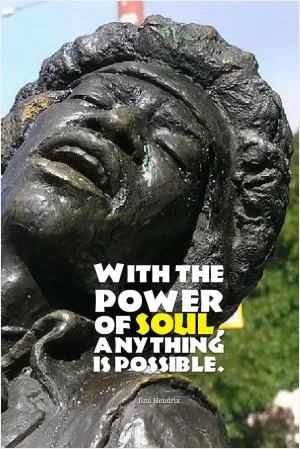
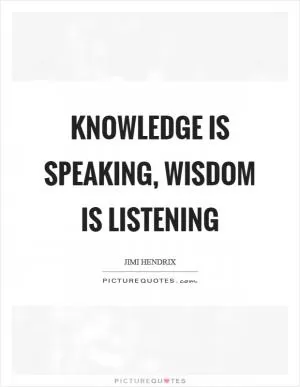


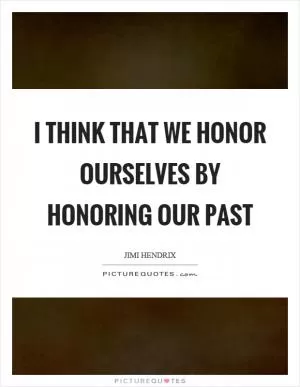
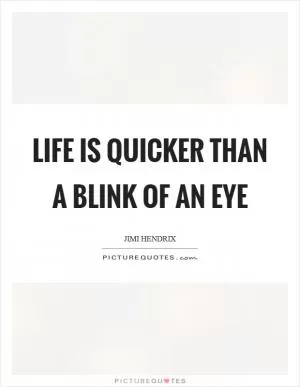
 Friendship Quotes
Friendship Quotes Love Quotes
Love Quotes Life Quotes
Life Quotes Funny Quotes
Funny Quotes Motivational Quotes
Motivational Quotes Inspirational Quotes
Inspirational Quotes